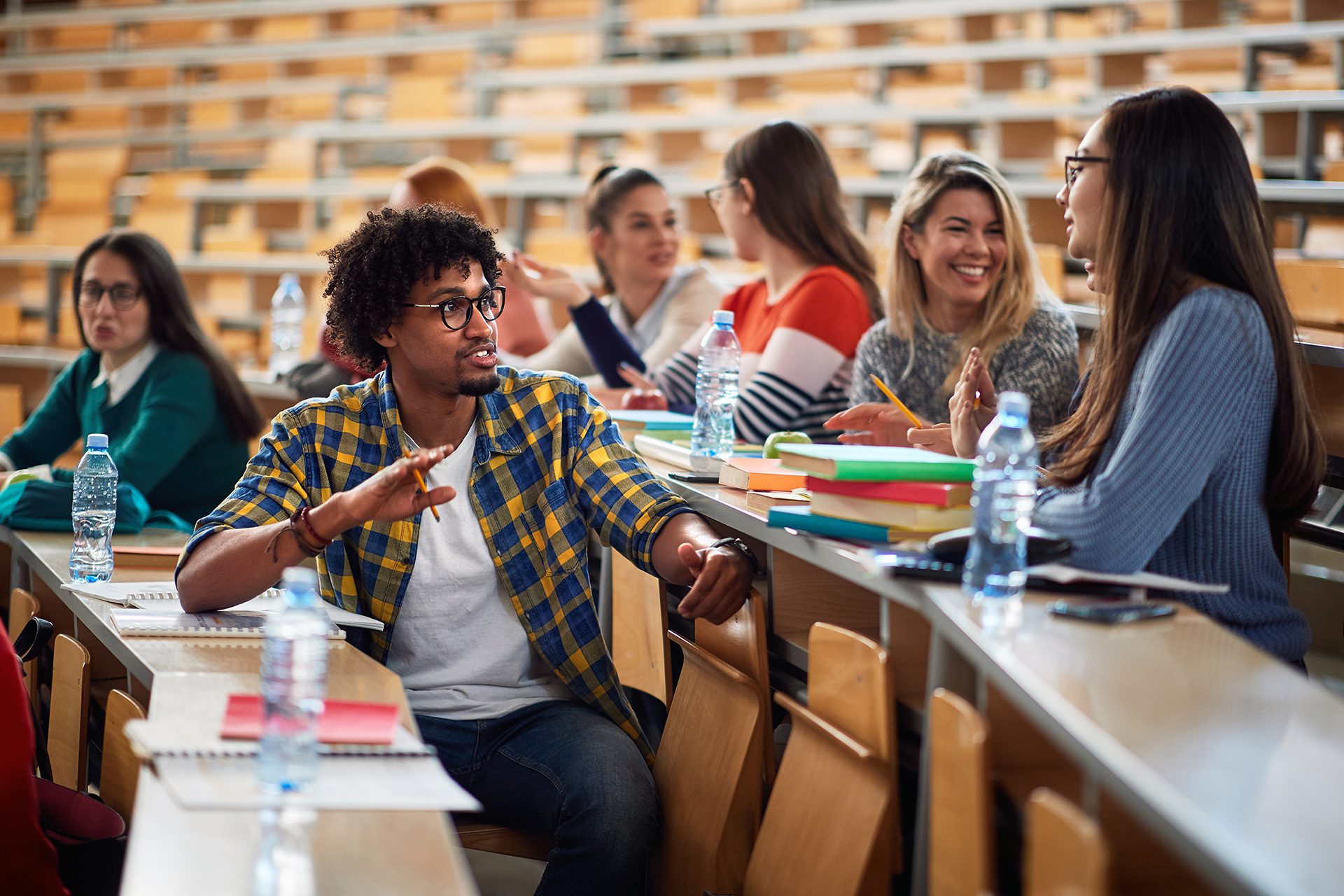This month, we highlight SRI Education’s participation in current conferences. We are excited to share our research on topics ranging from STEM and computer science teaching and learning to strategies for promoting early academic and social emotional skills. Read on for previews of SREE and SRCD and a report from SIGSCE.
SRI presents on school readiness, rural communities, math identity, social and emotional learning, and universal design in science
SRI’s Andrea Beesley shares a paper on mathematical identity and achievement impacts from a study on the After-School Math Plus curriculum.

What differences does dosage make for child outcomes at kindergarten entry? Erika Gaylor answers this using analyses of data from an i3 evaluation of Chicago’s Child-Parent Center program, in a symposium she organized. Spoiler alert—it’s complicated!
Jennifer Yu addresses how Universal Design for Learning can help all students, with a focus on students with disabilities and English learners, in preliminary findings from an efficacy study of the use of Science Notebook for a Universal Design for Learning Environment (SNUDLE) as compared to traditional science notebooks among 4th graders.
Leading training, coaching, and technical support for REL Appalachia help Victoria Schaefer provide the practitioner perspective in the panel, Practitioner versus Researcher in Four Rounds: Evaluation Tensions and Tradeoffs in Rural Communities.
And stop by Sara Thayer’s poster on elementary teachers’ reactions to content for social and emotional learning and experiences assessing children in this domain!
SRI researchers share what they’re learning about preschool and school readiness, children’s media and digital games, and behavioral interventions and social emotional learning.

Join Kirby Chow and policymakers and researchers from Virginia, Maryland, and Maine, to discuss the impacts of the Federal Preschool Development Grants on children’s academic and social skills.
Hear the latest on how public media used in Ready To Learn, a program that aims to prepare underserved children for school, supports classroom instruction! Learn how families use science media, and about new efforts to analyze the impact of RTL digital games, all in What Have We Learned from Ready To Learn?, with Phil Vahey and Claire Christensen.
Speaking of games, Laura Zimmerman will present on play in developmental education and on preschool app design and use in two symposiums.
What happens when you teach children to get along? Elisa Garcia will share preliminary results from a study of a classroom-based social and emotional learning program that teaches children problem-solving skills to reduce aggression and improve prosocial skills and behavior.
Learn which policies and practices educators and program leaders are prioritizing from SRI’s guide, Preventing Suspensions and Expulsions in Early Childhood Settings! The guide addresses root causes and provides relevant, specific, and actionable policies and practices, as well as effective alternatives—presented by Kerry Friedman.
Stop by Megan Cox’s poster, which presents findings on the feasibility of using Pay for Success to scale, the Pyramid Model, an early childhood behavioral intervention.
We shared our latest research in computer science education at SIGSCE!

Daisy Rutstein, Kevin McElhaney, Yuning Xu, and Marie Bienkowski presented on measures—for teacher quality and curriculum enactment—that they developed to identify conditions for successful implementation of an introductory high-school computer science curriculum.
Satabdi Basu participated in a demonstration of C2STEM, a web-based learning environment that uses computational modeling to provide students in K-12 classrooms with immersive experiences in computational thinking.



